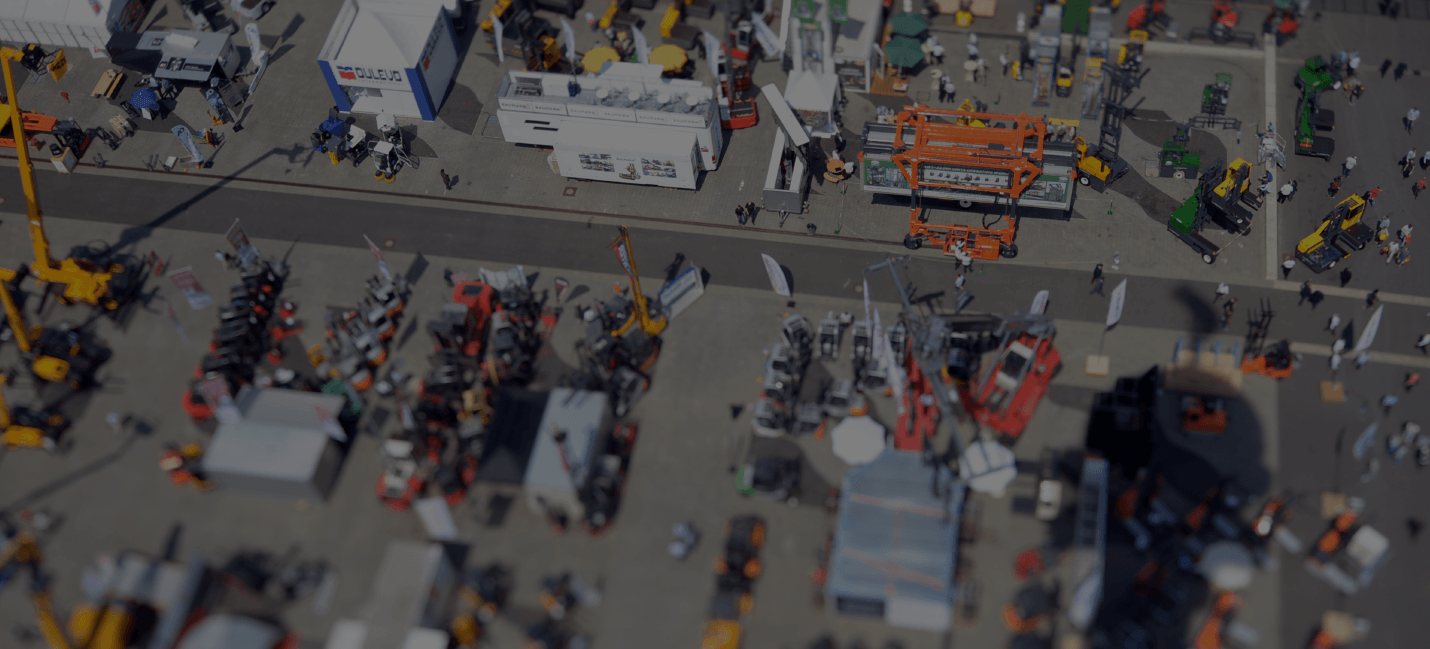Interview with CeMAT speaker Professor Booi H Kam, School of Business IT and Logistics - RMIT University
We spoke with Professor Booi H Kam, Program Director of Supply Chain & Logistics Management at RMIT University about opportunities offered by technological advances and digital transformation to the logistics industry.
Tell us about your background and your research interests in the logistics and supply chain industry?
I have a background that blends the hard with the soft sciences. My first degree is in civil engineering. My postgraduate qualifications are in urban and regional planning as well as engineering systems. I hold a PhD in urban policy planning.
Within the context of supply chain and logistics management, my research activities are overarched by the theme of supply chain performance. I am interested in understanding why some supply chain entities are able to outperform their rivals and what their ingredients for success have been under different operational environments. I have examined these nuances from a range of perspectives – outsourcing, relationship life-cycles, operational routines, risk management, resource organization and technological endowments. Of late, my attention has been directed toward understanding the interface between technological changes and consumer purchasing behaviour. I am intrigued by how logistics and supply chain operations have been relentlessly reconfigured by the surging dominance of digital technology and artificial intelligence in work and life.
What are a few of the major changes in the industry since you started your teaching career at RMIT?
There have been some very noticeable changes in the logistics and supply chain industry in the last two to three decades. Industry elders would recall that logistics used to be subsumed under functions like production and transport within multinational corporations but has since been elevated to become full-fledged departments on their own right, moving in recent times to the C-rank suite of executives in many global organizations. Extending the term logistics to supply chain operations is another indication that the industry has grown in importance in the corporate arena. The closely intertwined activities that span from raw material suppliers to manufacturers to distributors, wholesalers and retailers have prompted visionary logistics and supply chain academics, such as Emeritus Professor Martin Christopher, to warn that business competition would no longer be between organizations but between supply chains as early as the 1990’s.
My recent book, Consumer Logistics, co-authored with Emeritus Professor Peter Rimmer of the Australian National University, documented the evolutionary journey of logistics and supply chain management. We perceive the changes in operations practices over the past four decades as four great waves, moving from being a physical distribution function with a predominant focus on cost during the pre-1980s to becoming business logistics during the 1980s – 1990s, supply chain management from 1990s to 2000s and global logistics at the turn of the millennium. Since the birth of omnichannel retailing in recent years, consumer logistics has come to the fore. Despite its short history, there are already signs that consumer logistics is ebbing, giving way to the next wave of personal logistics, thanks to the disruptive effects of advancing digital technology.
Can you give us a hint about two or three of the important themes your CeMAT Knowledge Theatre session, ‘Supply chain management at the cross-road: The hope, the despair and the challenges’ will cover?
My presentation will revolve around the notion that technology is a double-edged sword. It cuts both ways. As Industry 4.0 is driving monumental changes in supply chains, the prospect that supply chain operations would increase in efficiencies is growing by the day. Yet many of these efficient gains have been premised on extant processes designed in yesteryears based on technologies available then. The challenges the industry faces are to re-design processes based on technologies already surfacing. The despair is that these technologies are outpouring at a pace that has been unprecedented, throwing the re-design process into a tailspin.
I would be putting on my academic hat to discuss these issues based on my observations and analysis of what have been occurring in recent years in business operations around the world. I would also be making a speculative attempt to interpret the implications of these issues in terms of their demand on the competencies expected of the next generation supply chain and logistics professionals.
How do you feel technological advances and digital transformation will affect those working in the supply chain and logistics sector – what will be a major opportunity and a major challenge?
The opportunities offered by technological advances and digital transformation to the industry are also the challenges. These include the types of business risks supply chain entities have to grapple with due to the extensive range of uncertainties artificial intelligence and machine learning can take the industry to. Because of the break-neck pace digital technologies are evolving, some of the key problems supply chain entities ultimately have to confront include the simplest, basic business questions: How much should we invest in digital technologies? What are the most appropriate technologies that we should embrace to propel us to the next level?
What are you most looking forward to or hoping to discover during your visit to the CeMAT Exhibition?
What benefits me most as an academic would be the vast array of technological innovations coming on-stream that would trigger revolutionary changes in businesses in general, and in supply chain operations in particular. I would be on the lookout for state-of-the-art equipment and gadgets that would impact on consumer behaviour, especially those that are likely to alter their purchasing experience. I like to contemplate how these plausible changes would transform the industry in the years to come.
Professor Booi H Kam will be speaking about 'Supply chain management at the cross-road: The hope, the despair and the challenges' as part of the CeMAT 2018 Knowledge Theatre.


